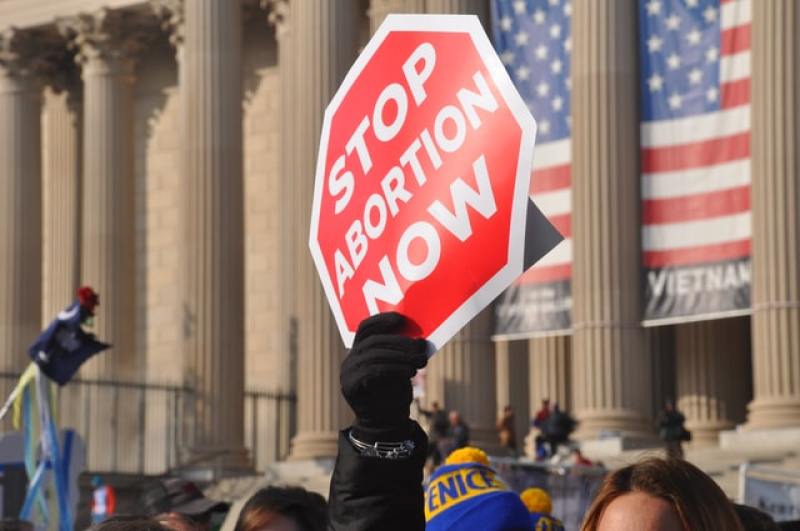
In a 2-1 decision on Thursday, the U.S. Fifth Circuit Court of Appeals denied the Department of Justice's request to block Texas' new heartbeat bill, which bans abortions beyond six weeks of pregnancy or once a fetal heartbeat is detected, a crucial period during which most women are yet unaware of their pregnancy. The three-judge panel provided a one-page ruling that said it would extend its previous temporary stay on a lower court's decision that ruled for the Biden administration.
"We are excited to continue saving hundreds of lives through the Texas Heartbeat Act," Texas Right to Life director of media and communication Kimberlyn Schwartz said of the decision, as reported by the Christian Headlines. "However, the battle is not finished. We expect the Biden administration to appeal to the Supreme Court of the U.S., and we are confident Texas will ultimately defeat these attacks on our life-saving efforts."
Conservative leaders took to social media to celebrate the court denying the DOJ's attempt to halt Texas' pro-life heartbeat law. Texas Attorney General Ken Paxton took to Twitter to call it "another big win" and "a victory for life."
CBN News reported that about 200 pro-life crisis pregnancy centers in Texas are also impacted by the state's pro-life heartbeat law, because they now have to move quickly to reach more women who are thinking of getting an abortion.
Michelle Gregory, the executive director at Mid Cities Women's Clinic in Euless shared, "We have a very short window of time now. Before we could have up to the 10-week, 12-week mark. Now we have less than six weeks to reach them and that's a very quick turnaround."
On October 6, U.S. District Judge Robert Pitman blocked Texas' pro-life heartbeat law, after which the Fifth Circuit put an administrative stay on Judge Pitman's decisions two days later. On Thursday, the decision extended that stay at least until the appeals court panel hears oral arguments in the case on the week of December 6.
Judge Pitman was nominated by former President Barack Obama while the two Fifth Circuit judges in the majority, James C. Ho and Catharina Haynes, were nominated by ex-Presidents Donald Trump and George W. Bush, respectively. Only Judge Carl E. Stewart, who was nominated by former President Bill Clinton, dissented.
According to Reuters, the Texas pro-life heartbeat law that took effect on September 1 does not provide exemptions for pregnancies resulting from rape or incest. It also empowers citizens to enforce the ban, providing them with at least $10,000 reward if they successfully file a case against anyone who helped provide an abortion after fetal cardiac activity is detected.
The Biden administration's Department of Justice meanwhile argued that the law prevents women from exercising their constitutional right to terminate a pregnancy as recognized in the 1973 Roe v. Wade landmark decision by the Supreme Court, which legalized abortion in the U.S. The Justice Department added that the Texas pro-life heartbeat law "improperly interferes with the operations of the federal government to provide abortion-related services."
Roe v. Wade could be overthrown in December, when the Supreme Court is set to hear arguments on a Mississippi case which law bans abortions after 15 weeks of pregnancy.
























